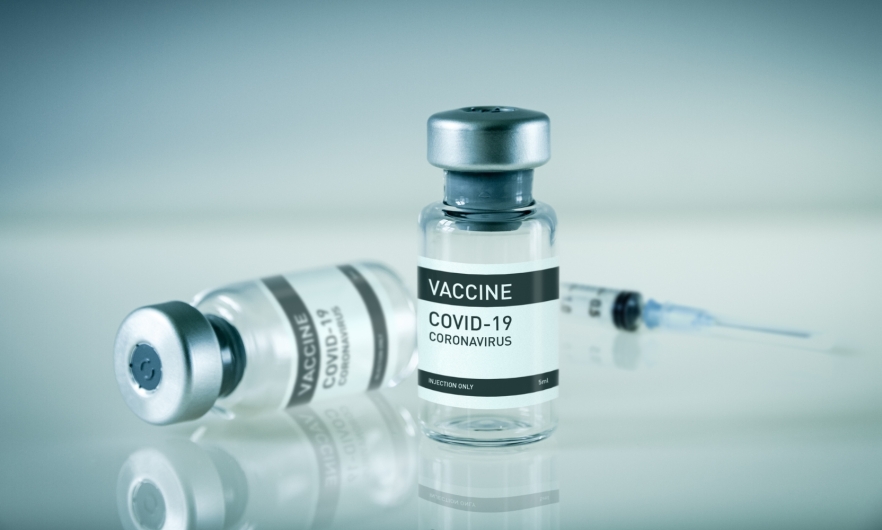
In a recently released report by the Public Accounts Committee (PAC) concerning the management of the Covid-19 outbreak, it was disclosed that 8.5 million Covid-19 vaccine doses, amounting to a total of RM505 million, had expired.
The report, which was published on the official Parliament website, highlighted that while the expiration date for these vaccines had been extended up to 18 months from the production date, as of June 1, 2023, 8.5 million doses had still expired.
This significant loss resulted from the Ministry of Health (MOH) procuring vaccines based on projected demand, which led to an oversupply due to a drop in vaccination demand, delays in receiving vaccine supplies, and donations from foreign countries.
By April 2022, Malaysia had received a total of 82.85 million doses of Covid-19 vaccines, based on a projection of requiring 83.3 million doses to cover the population.
This figure encompassed 51.8 million doses, needed to immunise 80% of the population to achieve herd immunity, and an additional 31.5 million doses for booster shots required by adults and adolescents.
To mitigate the wastage resulting from expired vaccines, Malaysia decided to provide 1.89 million doses to other countries like Bangladesh, Myanmar, Laos, and Bosnia-Herzegovina. Additionally, efforts were made to encourage booster shots and enhance public access to them, according to the report.
The report also noted that during the critical period of the movement control order (MCO), when the world faced a shortage of medical equipment, Malaysia had to engage in emergency procurement of vaccines, ventilators, personal protective equipment (PPE), and other essential supplies to combat the Covid-19 pandemic.
The urgent situation necessitated quick decisions, which, if not made immediately, could have resulted in the denial of essential supplies and potential loss of life.
During this time, deliberations, assessments, and procurement decisions for ventilators took place through the WhatsApp application, bypassing standard procedures due to the exceptional circumstances.
Pharmaniaga Logistics Sdn Bhd (PLSB) was instructed to make advance payments for ventilators because of its existing relationship with the MOH, despite not having prior experience in medical equipment procurement.
Unfortunately, the absence of a written agreement between the MOH and PLSB created accountability issues for the malfunction of 104 ventilator units, and legal action remains uncertain.
The report also highlighted a discrepancy between the MOH and PLSB regarding the warranty status of all 136 ventilator units. Although PLSB’s quotation document indicated a warranty, it did not cover all 136 units and lacked proper documentation.
In terms of PPE, the report found that most items could be used before expiry, with only 850,000 boot covers at risk of expiring at the end of 2024, valued at RM927,000 if left unused. Reducing this stock could also reduce the potential loss for the MOH.
Consequently, the PAC recommended that the MOH ensure excess PPE is used before expiration and take immediate steps to verify the warranty status of all 136 ventilator units.
Furthermore, the government was encouraged to promote local production of medical equipment and pharmaceuticals to reduce reliance on foreign countries and strengthen the public healthcare system.
The PAC emphasised the importance of safeguarding public interest during emergency procurement and called for meticulous documentation even in emergency situations. Lessons learned from these experiences underscore the need for diligence in handling such matters.
